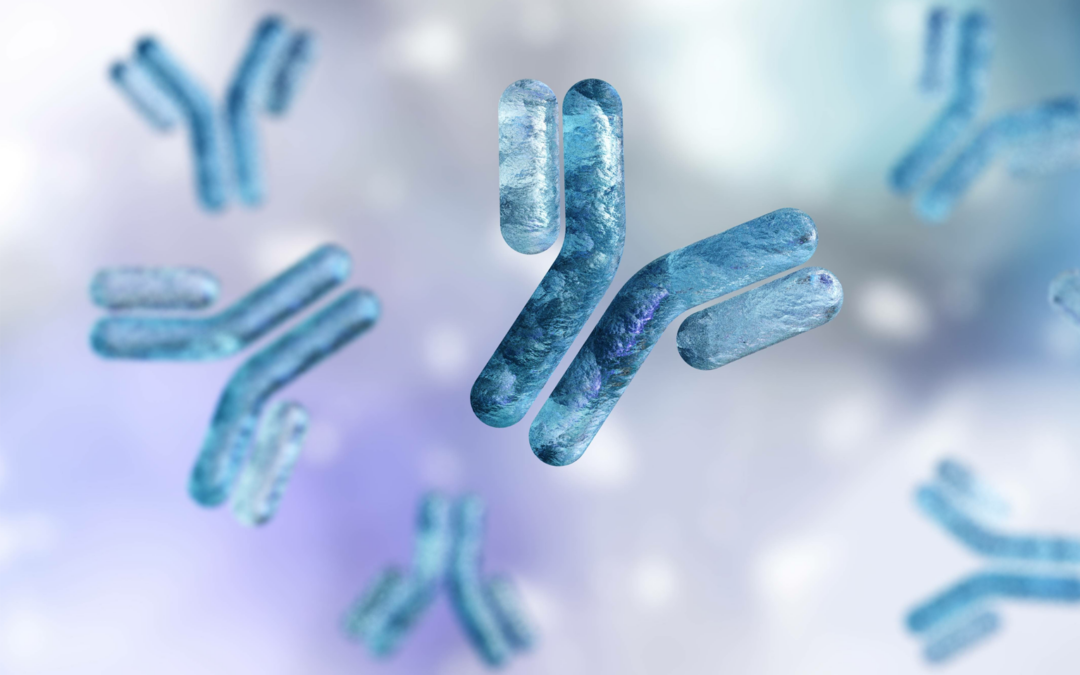In our bodies, the immune system stands as a vigilant protector, tirelessly defending us against a myriad of pathogens. At the heart of this complex defense mechanism lie immunoglobulins, or antibodies, the unsung heroes that form the backbone of our immune response. In this comprehensive exploration, we will venture into the depths of immunology, understanding what our immune system is, the pivotal role of immunoglobulins, and how to nurture our immune health.
The Immune System: Our Body’s Defense Network
The immune system is a sophisticated network of cells, tissues, and organs working in harmony to safeguard the body from harmful invaders. It comprises two primary components: the innate immune system and the adaptive immune system.
Innate Immune System
This is the body’s first line of defense, providing immediate but general protection against pathogens. It includes physical barriers like the skin, as well as immune cells such as macrophages and neutrophils, which detect and destroy foreign invaders.
Adaptive Immune System
The adaptive immune system, on the other hand, is highly specialized and takes time to develop. It memorizes specific pathogens and responds rapidly upon subsequent exposures. B cells and T cells, the key players in this system, work in tandem to eliminate threats with precision.
Immunoglobulins: The Versatile Protectors
Immunoglobulins are proteins produced by B cells and are tailored to recognize and neutralize specific antigens, which can be anything from bacteria and viruses to toxins. There are five main types of immunoglobulins, each with distinct properties and functions:
- IgG (Immunoglobulin G): IgG antibodies are the most abundant in the bloodstream and provide long-term immunity against bacterial and viral infections. They also cross the placenta, offering passive immunity to newborns.
- IgM (Immunoglobulin M): IgM is the first antibody produced during an initial infection. It is effective at agglutinating (clumping) pathogens, making it easier for other immune cells to destroy them.
- IgA (Immunoglobulin A): Predominantly found in mucosal surfaces, IgA antibodies prevent pathogens from adhering to the body’s tissues, thus thwarting infections in the respiratory and gastrointestinal tracts.
- IgE (Immunoglobulin E): IgE antibodies are involved in allergic reactions, triggering the release of histamine in response to allergens. While their role in allergies is well-known, they might also play a role in defense against parasites.
- IgD (Immunoglobulin D): Although less understood, IgD antibodies are thought to be involved in the activation of B cells, assisting the immune system in recognizing pathogens.
Testing for Immunodeficiencies
If someone experiences recurrent or severe infections, a healthcare provider might recommend immunoglobulin testing. This test measures the levels of different types of immunoglobulins in the blood, helping diagnose immunodeficiency disorders. Low levels of certain immunoglobulins can indicate a weakened immune system, making the body susceptible to infections.
Nurturing Your Immune System
Maintaining a robust immune system is essential for overall well-being. Here are some key practices to enhance your immune health:
- Balanced Diet: Consume a well-rounded diet rich in fruits, vegetables, whole grains, and lean proteins. Nutrients like vitamin C, vitamin D, and zinc are particularly crucial for immune function.
- Regular Exercise: Engage in regular physical activity, which not only boosts overall health but also enhances the immune response.
- Sufficient Sleep: Prioritize quality sleep, as lack of sleep can weaken the immune system, making the body more susceptible to infections.
- Stress Management: Chronic stress can suppress the immune system. Practice relaxation techniques such as meditation, yoga, or deep breathing to manage stress effectively.
- Hygiene Practices: Follow good hygiene habits, including regular handwashing, to prevent the spread of infections.
- Immunization: Stay up-to-date with vaccinations, as they bolster the immune system’s ability to recognize and combat specific pathogens.
In this intricate tapestry of our immune system, understanding conditions like hemophilia further emphasizes the significance of immunoglobulins. By unraveling the complexities of these antibodies, we not only enhance our comprehension of immune functions but also pave the way for comprehensive support systems, fostering a stronger community through organizations like Mylyfe.
Join us today and let’s navigate this journey together, embracing knowledge and empathy in the face of diverse health challenges.
Personalized Care,
Professional Excellence
Improving Your Quality of Life Is Our Mission





